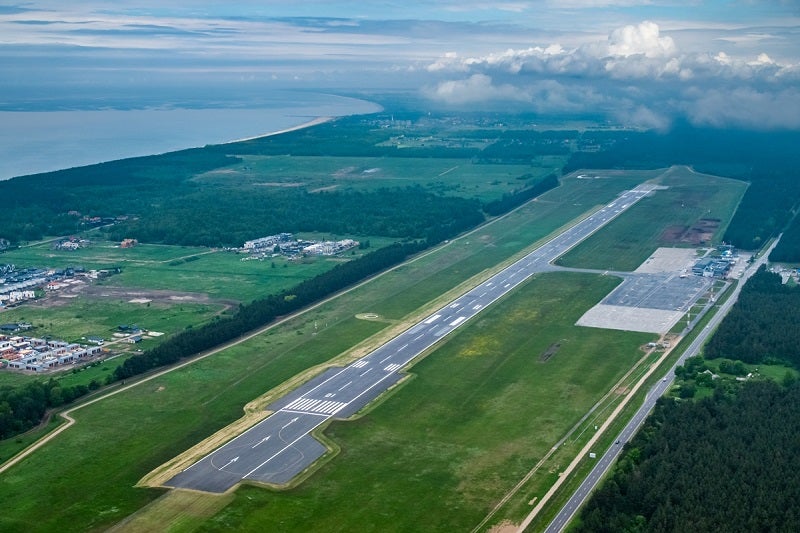
Palanga Airport (PLQ) in Lithuania has secured the European Commission’s (EC) investment aid of $12.1m (€10.25m) to upgrade the airport infrastructure.
The funding has been approved by the EC under EU State aid rules as a public support measure.
How well do you really know your competitors?
Access the most comprehensive Company Profiles on the market, powered by GlobalData. Save hours of research. Gain competitive edge.

Thank you!
Your download email will arrive shortly
Not ready to buy yet? Download a free sample
We are confident about the unique quality of our Company Profiles. However, we want you to make the most beneficial decision for your business, so we offer a free sample that you can download by submitting the below form
By GlobalDataEC’s aid will be used to rebuild the runway, taxiway, southern and northern aircraft aprons as well as overhaul engineering systems.
The Commission found that the investment would improve connections to and from Palanga and support the development of the region.
It also assessed that the investment in Palanga Airport would not create a negative impact on the situation of other airports in the same catchment area.
The EC said that it has evaluated the measure under EU State aid rules, especially under the 2014 Guidelines on State Aid to Airports and Airlines.
Last autumn, Lithuanian Airports announced that the public procurement for the reconstruction of the runway at Palanga Airport was won by Latvian company ACB, which carried out similar runway reconstruction works at Vilnius Airport (VNO) in 2017.
A.C.B has agreed to execute all the planned works at Palanga Airport for $16.1m (€13.6m).
The remaining reconstruction investment will be provided by the Nordic Investment Bank.
The main reconstruction phase is slated to begin on 6 September 2021. During this period, activities at the Palanga Airport will be halted.
The upgrade of essential infrastructure is said to be necessary to ensure safety and improve environmental solutions.
Lithuanian Airports Operations and Infrastructure Department head Dainius Čiuplys said: “The runway at Palanga Airport was last reconstructed in 2007, which means that its life cycle is already towards its end and investment in refurbishment is needed.
“We are confident that a strategically important airport in the Lithuanian coastal region will be popular as the aviation market recovers, and the demand to travel through will certainly remain, as evidenced by the double-digit increase in passenger numbers at this airport, as recorded before the pandemic.
“Our main task in the context of this project is to ensure that the recovery of aviation takes place in a secure infrastructure and generates added value for the whole region.”








